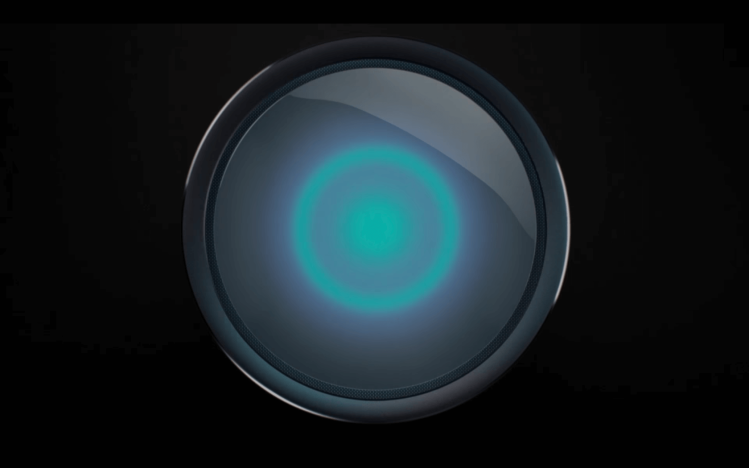Watch all the Transform 2020 sessions on-demand here.
Microsoft today announced plans to create the Cortana Intelligence Institute, an initiative to research and experiment with new ways to enhance Microsoft’s AI assistant, particularly as it relates to the workplace and productivity.
The institute brings together faculty and students from RMIT University in Melbourne, Australia with Microsoft Research and the recently established Cortana Research.
“The research at RMIT for the institute is focused on work-related tasks, an area with strong potential to help make Cortana a more proactive and context-aware digital assistant that truly amplifies human capabilities,” said Microsoft Research outreach director Roy Zimmerman in a blog post today.
Like other AI assistants, today Cortana can help you do things like read the news, play music, or create calendar events or reminders, but it can also share LinkedIn profile information ahead of a meeting, remind you of commitments you made in an email, and (soon) schedule meetings with coworkers with just your voice.
June 5th: The AI Audit in NYC
Join us next week in NYC to engage with top executive leaders, delving into strategies for auditing AI models to ensure fairness, optimal performance, and ethical compliance across diverse organizations. Secure your attendance for this exclusive invite-only event.
The collaboration announced today will explore much of Cortana Research’s main focus, which is making Cortana execute complex commands that involve multiple steps or contextual awareness.
RMIT faculty and students will attempt to take into account information like the location and physical activity of a Cortana user, online and app use history, and social interactions to better understand a person’s intent.
The establishment of the institute comes a day after Microsoft announced its quarterly earnings, when CEO Satya Nadella talked at length about the future of Cortana’s intelligence and how Microsoft views other AI assistants like Alexa.
“Right now most assistants are fairly dumb in terms of just doing one-turn dialogue, but where we’re going to go is multi-turn dialogue, and that requires real natural language understanding,” Nadella said.
Azure and Microsoft Cognitive Services, Nadella said, form the core of Microsoft’s AI services.
“That’s where we will make sure we do our best, building blocks and AI work. Of course, it will manifest for us with Cortana as an agent from Microsoft that has some special skills, especially around that crossover between work and life,” he said. “Most agents and their knowledge or smarts come from the data access they have. In our case, it’s going to be about things that are there in Office 365. The people, places, things, and how we reason about it and help users, whether they’re at home or whether they’re at work.”
Last August, Amazon and Microsoft agreed to join forces, allowing PCs running Cortana to speak with Alexa and Echo devices with Alexa to speak with Cortana.
Since then, Microsoft has talked about the development of voice apps for work, and Amazon has taken big steps towards the workplace.
In late November, Amazon launched Alexa for Business to bring enterprise software providers together with Alexa’s ability to do things like control smart devices or create calendar events.
Cisco’s Spark Assistant also wants to become the de-facto work assistant. Google could also join the AI assistant fight for the workplace.
Microsoft isn’t concerned about Alexa coming to PCs or other assistants, Nadella said, because it runs counter to the company’s AI assistant philosophy.
“That’s why we are working with Alexa, we would welcome it on our devices, because we believe in a world where our own assistant should be available everywhere and so should other assistants be available on our devices versus thinking that the end game here is about speaking, doing one-turn dialogues on one speaker in one home. That’s just not our vision,” Nadella said.
Despite a promise to bring the two AI assistants together by the end of 2017, that partnership has yet to emerge on Echo devices or Windows 10 PCs.


